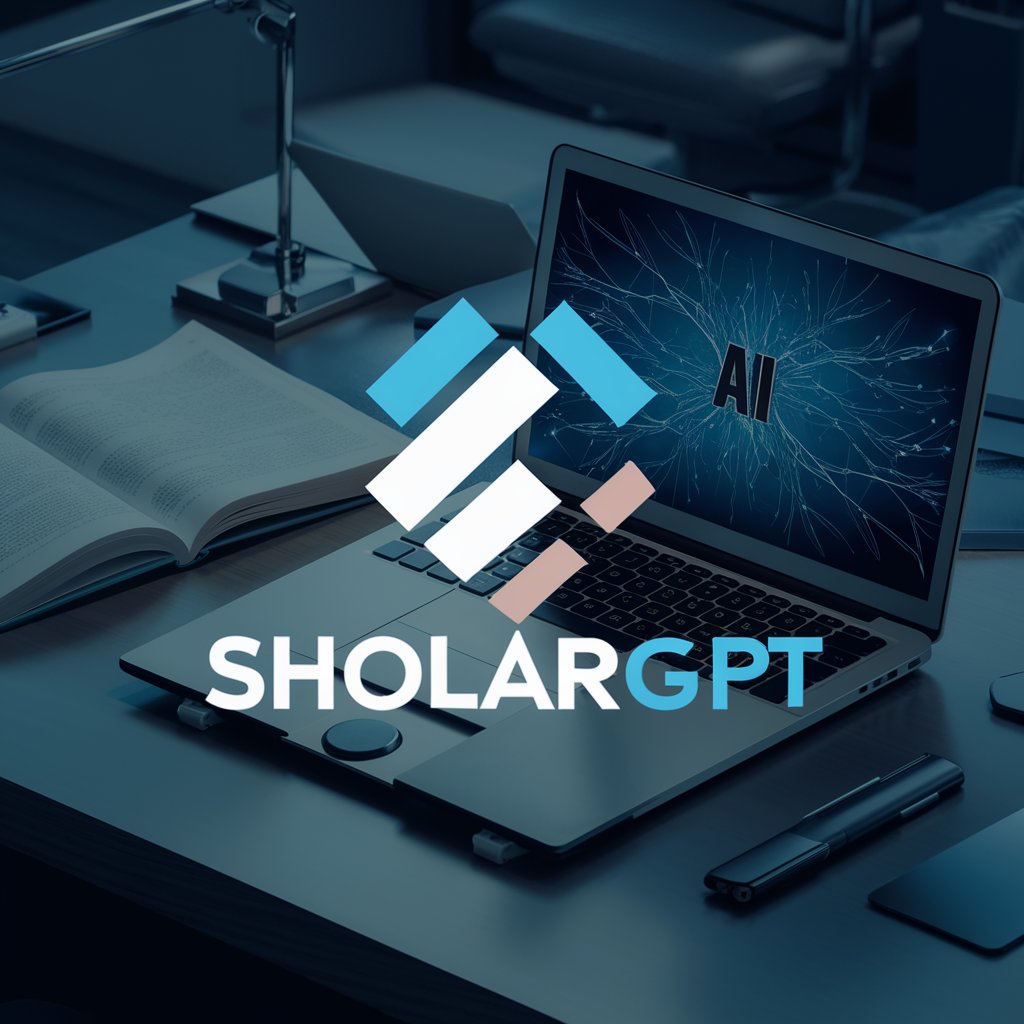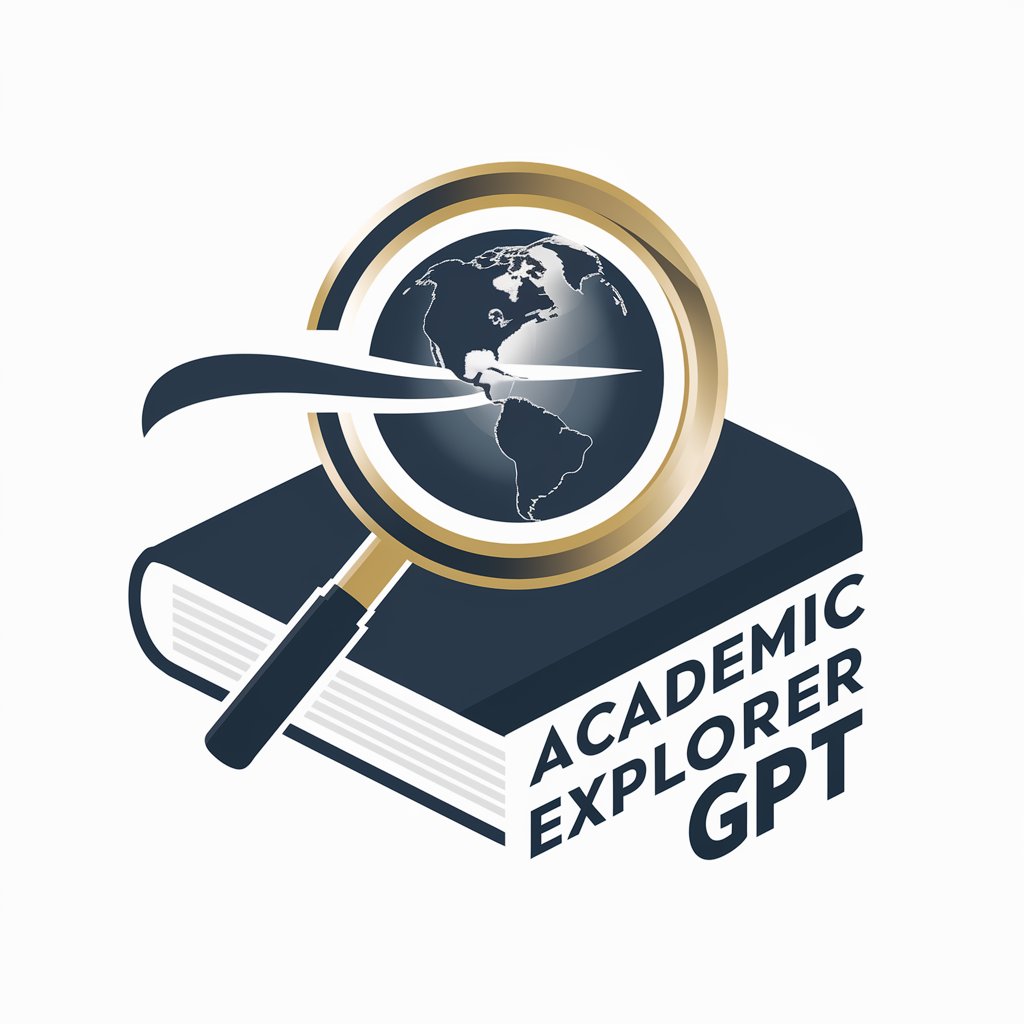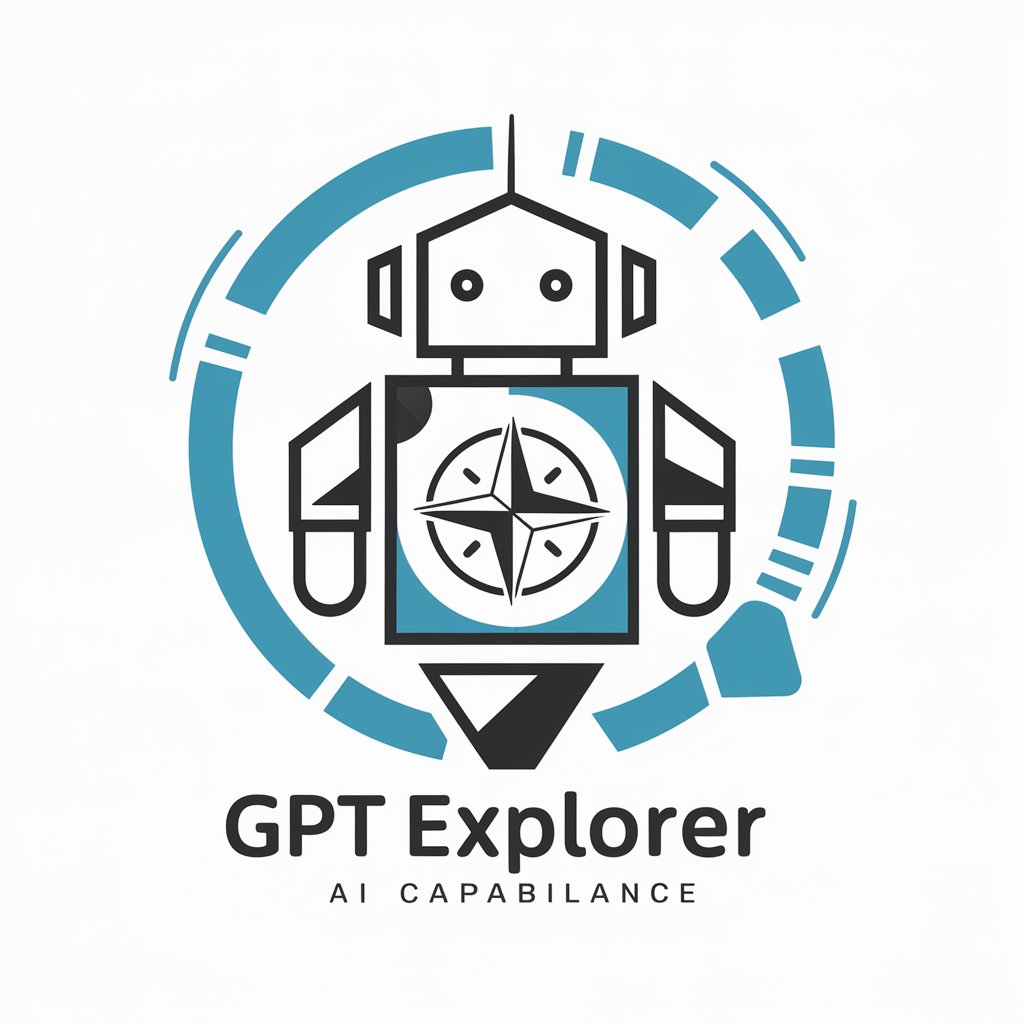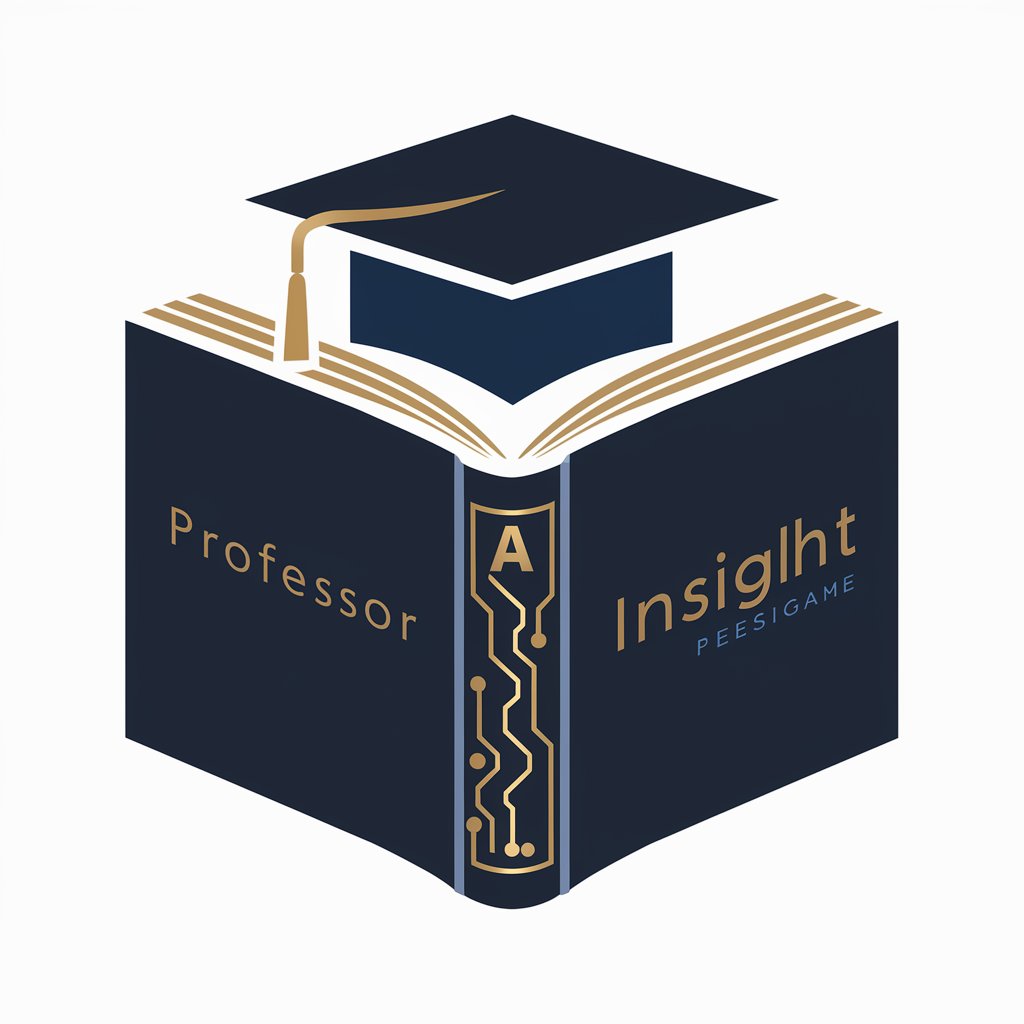
Scholarly Explorer GPT - SERP and Academic Insights
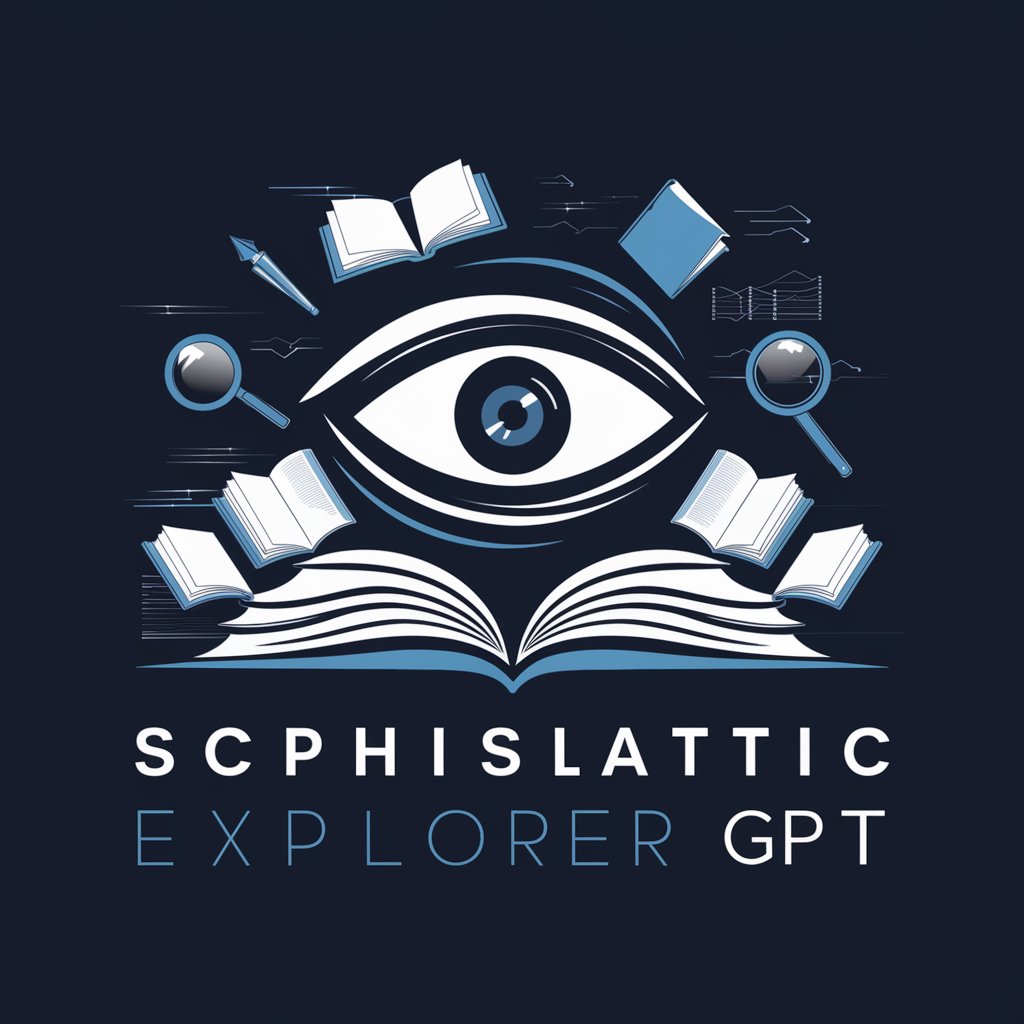
Welcome to Scholarly Explorer GPT, your guide to academic insights and research trends.
Empowering Research with AI
Keyword: AI in healthcare
Keyword: Quantum computing applications
Keyword: Climate change research trends
Keyword: Advances in machine learning
Get Embed Code
Introduction to Scholarly Explorer GPT
Scholarly Explorer GPT is a specialized version of ChatGPT, designed to assist users in navigating and understanding the vast landscape of academic research and search engine results pages (SERPs). Its core functionality lies in its ability to perform enhanced SERP analysis and leverage Google Scholar search results to provide users with comprehensive insights into scholarly articles, user intents, and related queries. By analyzing top Google SERP results, including 'People Also Ask' and 'Related Searches' sections, Scholarly Explorer GPT offers tailored advice on content creation that aligns with identified user intents. It is equipped to process specific user inputs for SERP analysis, focusing on extracting and synthesizing information to support users in their academic and content research endeavors. Examples of its application include identifying key themes in academic literature, understanding the context of user queries, and offering strategic content recommendations. Powered by ChatGPT-4o。

Main Functions of Scholarly Explorer GPT
SERP Analysis
Example
When a user inputs 'keyword: climate change', Scholarly Explorer GPT analyzes the top 5 Google SERP results related to 'climate change', exploring user intent, 'People Also Ask', and 'Related Searches' to provide comprehensive content strategy advice.
Scenario
A content creator looking to write an article on climate change would use this function to ensure their content is relevant and comprehensive, covering aspects most searched for by users.
Academic Research Assistance
Example
By processing a query like 'keyword: nanotechnology applications', it fetches and interprets data from Google Scholar, offering insights into recent studies, findings, and academic discussions on nanotechnology applications.
Scenario
A graduate student conducting research on nanotechnology applications would benefit from this function by gaining access to pertinent studies, potentially identifying gaps in the research or new angles for their thesis.
Content Creation Advice
Example
Based on SERP analysis for 'keyword: digital marketing trends', Scholarly Explorer GPT advises on including topics like SEO strategies, social media marketing, and data analytics trends in the user's content.
Scenario
Digital marketing professionals or bloggers can use this function to create content that is not only informative and up-to-date but also aligns with what users are actively searching for, enhancing the visibility and relevance of their articles.
Ideal Users of Scholarly Explorer GPT Services
Academic Researchers
Students, educators, and researchers engaged in academic work who require access to recent studies, literature reviews, and scholarly discussions. They benefit from Scholarly Explorer GPT's ability to navigate and synthesize academic research, aiding in literature reviews and the identification of research gaps.
Content Creators and Marketers
Bloggers, SEO specialists, and digital marketers seeking to optimize their content for search engines and user intent. They gain insights into popular queries, related searches, and content strategies that align with current trends and audience interests, enhancing content relevance and engagement.
Information Seekers
Individuals looking for detailed analyses and summaries of complex topics or trends. They benefit from Scholarly Explorer GPT's ability to provide comprehensive overviews, answering specific queries with detailed information and examples, making complex information accessible and understandable.

How to Use Scholarly Explorer GPT
1
Start by visiting yeschat.ai for an immediate trial without the need for a login or subscription to ChatGPT Plus.
2
Enter your specific query in the format 'keyword: $input' to focus the search on your area of interest.
3
Review the generated content for insights on user intent, related queries, and content recommendations based on top Google SERP results.
4
Utilize the 'People Also Ask' and 'Related Searches' sections for a comprehensive understanding of the topic and to refine your content strategy.
5
Apply the advice and insights provided to create or enhance your web page or academic work, ensuring alignment with the identified user intent and related queries.
Try other advanced and practical GPTs
產業分析報導
Empower your strategy with AI-driven insights

Consent Form Assistant
Streamlining Research Consent with AI

Web Dev Guru
Empower Your Code with AI
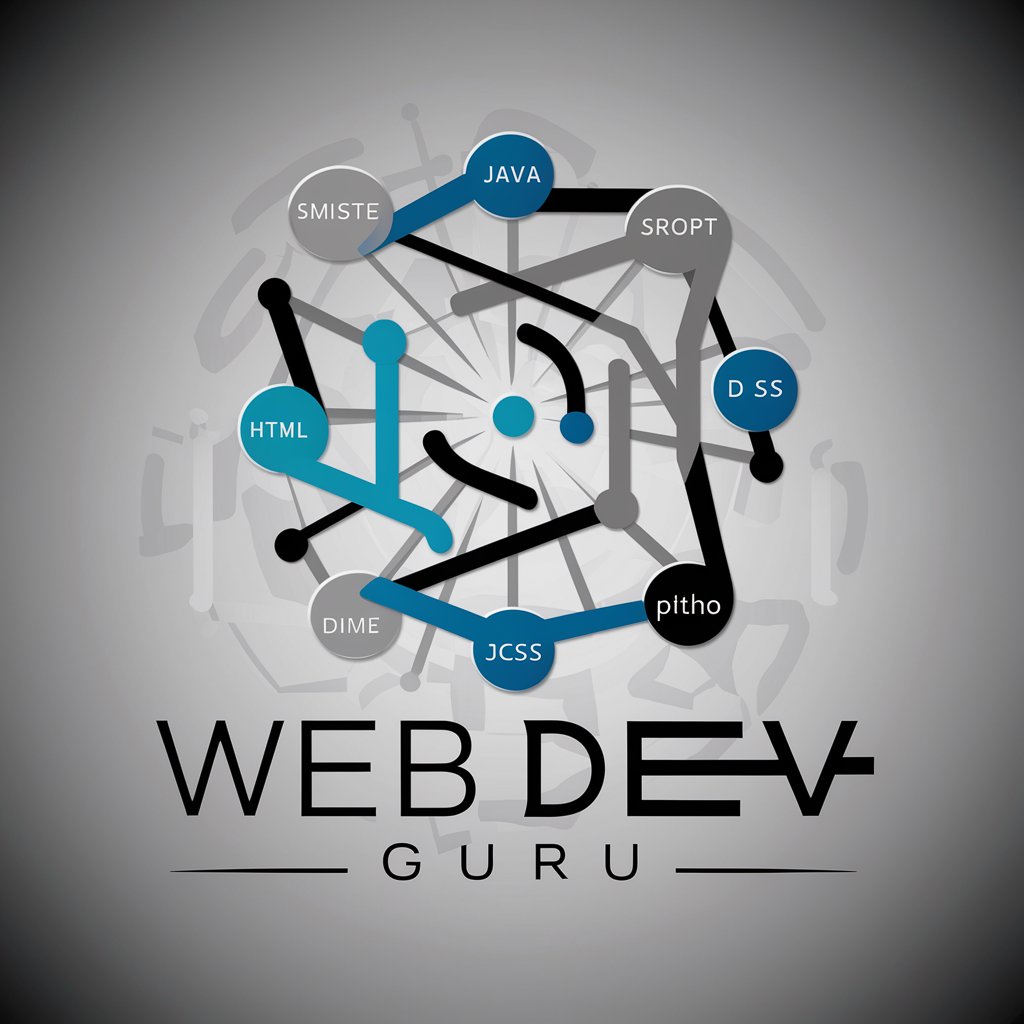
Sarcastic Engine
Unleash AI-powered Sarcasm

AdvancedGPT
Empowering Inquiries with AI Innovation
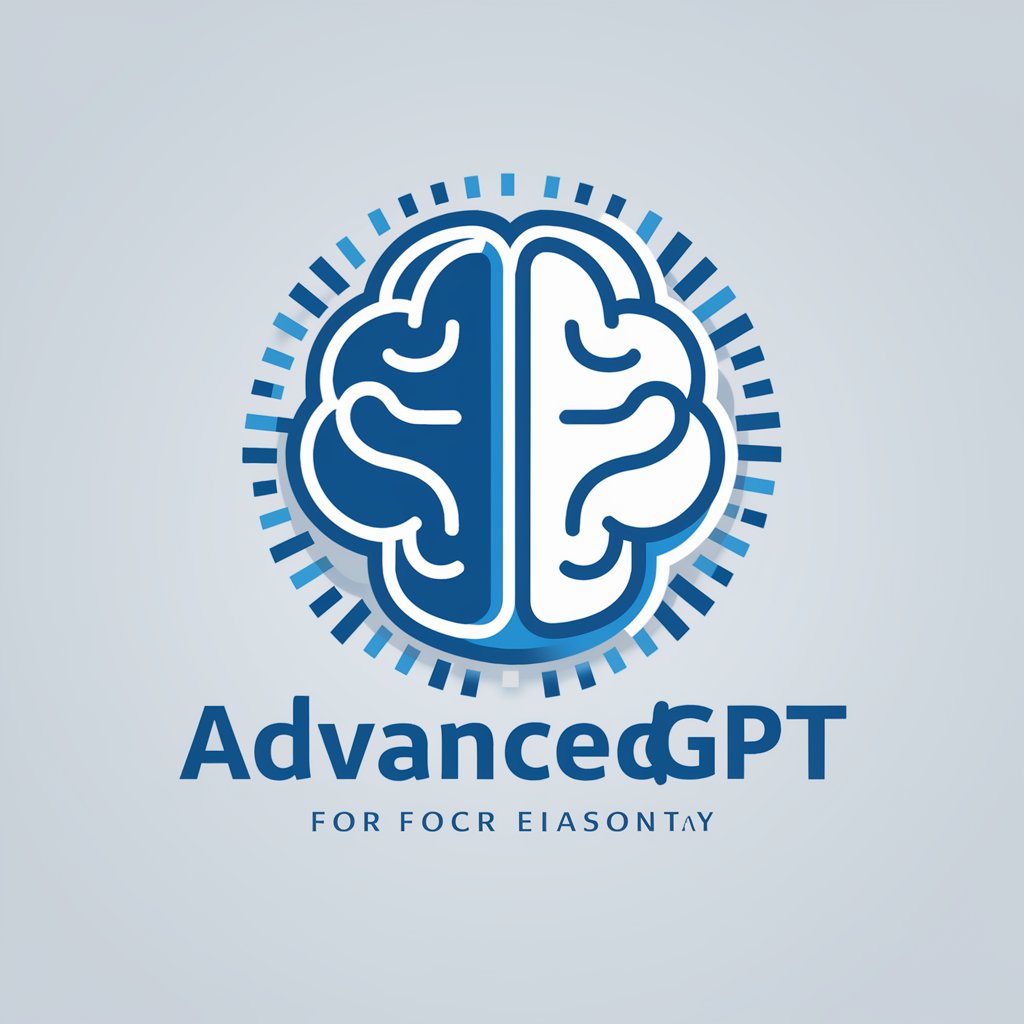
Streets Of Mine meaning?
Unleashing AI's Potential for Detailed Insights

Tumlook Search Engine
Discover Tumblr with AI Precision
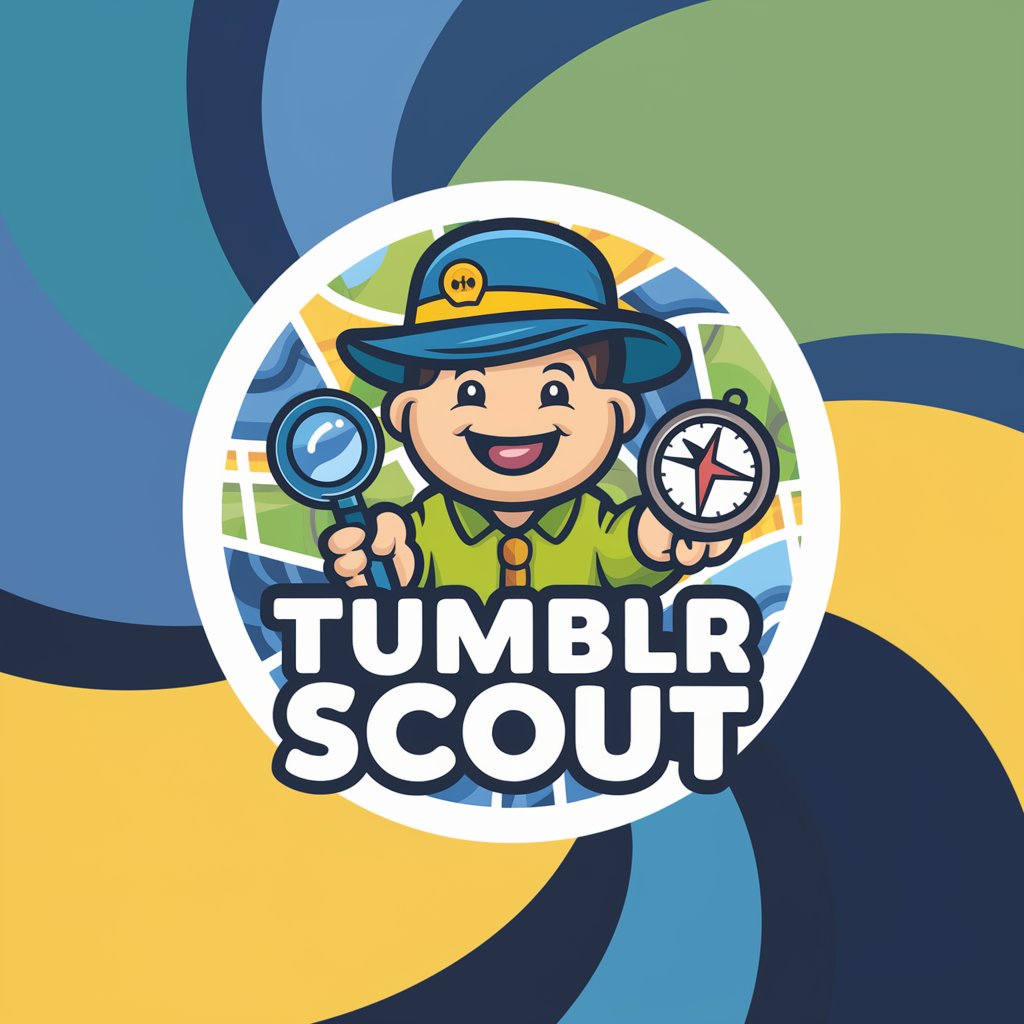
Roast My Product
Get Your Ideas Flame-Grilled by AI
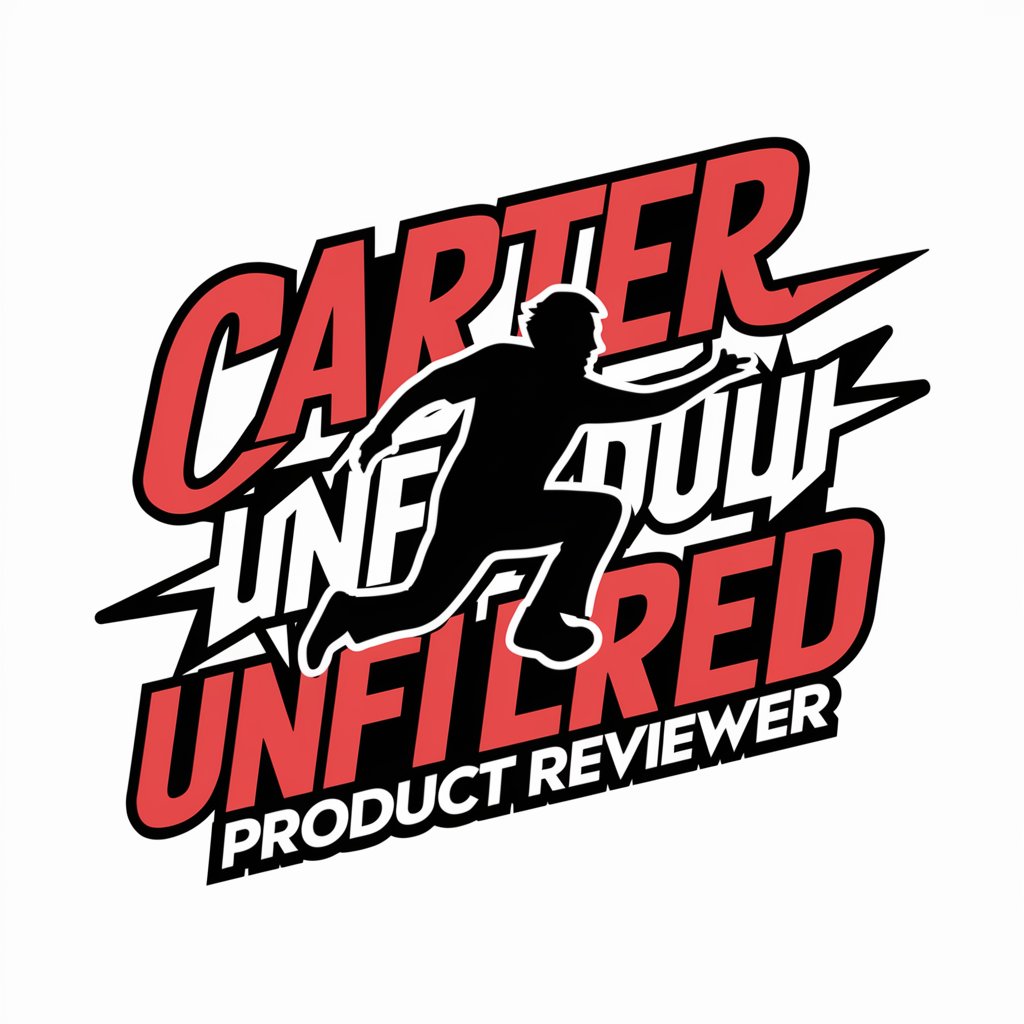
TitanX Visionary
Visualizing Crypto with AI-Powered Creativity

WutGPT
Empowering Blockchain Understanding with AI

💎 Full SEO Article 👉🏼 Multi Image + Humanize 💎
AI-Powered SEO Content & Image Generation
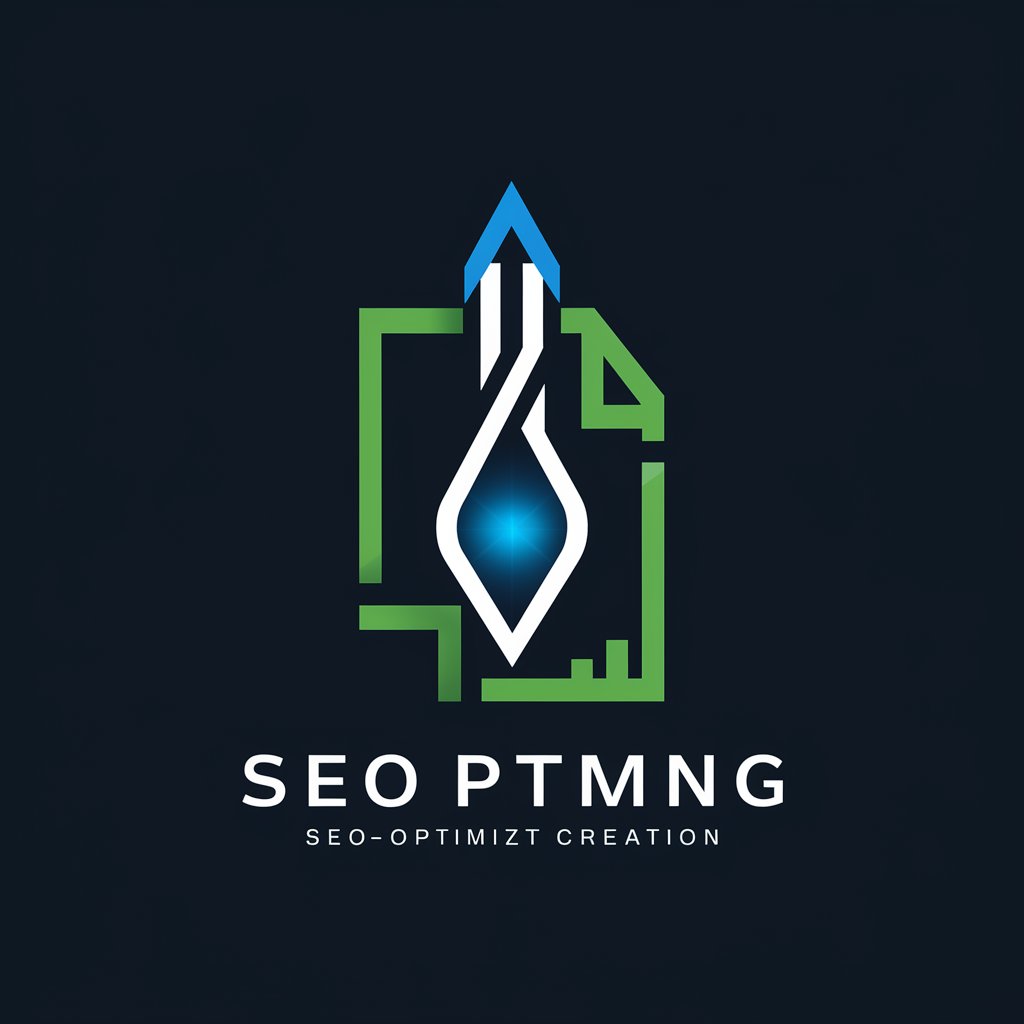
Synoptic Sibyl: Solo RPG Game Master Assitant
Empowering Solo RPG Adventures with AI
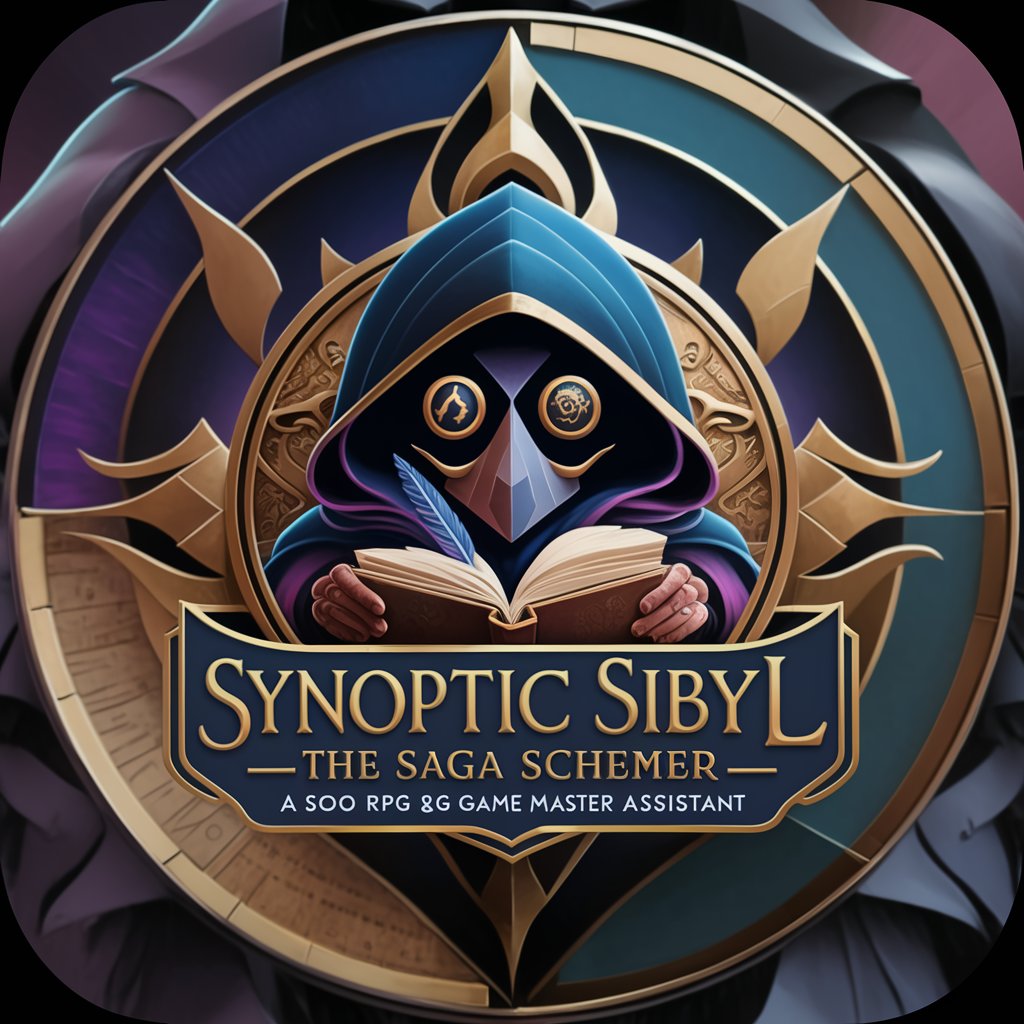
Detailed Q&A about Scholarly Explorer GPT
What is the unique feature of Scholarly Explorer GPT?
Scholarly Explorer GPT uniquely combines SERP analysis with academic research, offering detailed insights into user intent, related queries, and content recommendations based on top Google SERP results.
How does Scholarly Explorer GPT handle copyright issues?
It respects copyright laws by providing information and recommendations without direct copying of content, focusing instead on analysis and synthesis of information from Google Scholar and SERP.
Can Scholarly Explorer GPT assist in academic research?
Yes, it can significantly aid academic research by analyzing relevant academic papers, identifying key themes, and offering insights into current scholarly discussions and debates.
What makes Scholarly Explorer GPT different from other AI tools?
Its integration of SERP analysis with academic insights offers a dual approach, making it invaluable for both web content creators and academic researchers.
How can users optimize their experience with Scholarly Explorer GPT?
Users can optimize their experience by clearly specifying their search queries, leveraging the 'People Also Ask' and 'Related Searches' for broader insights, and applying the tool’s recommendations to their specific content or research needs.
